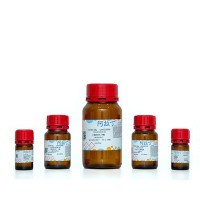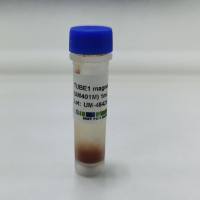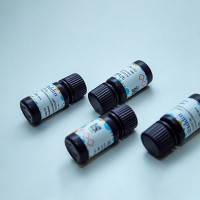In Vitro Assays for the Detection of Protein Tyrosine Phosphorylation and Protein Tyrosine Kinase Activities
互联网
615
The ability of Epstein-Barr virus (EBV) to establish and maintain a latent infection, one of the defining characteristics of a herpesvirus infection, is a complex phenomenon. It requires viral control of the host-cell environment to maintain the latent viral genome indefinitely, even in the presence of cellular activating signals. The consistent detection of the latent membrane protein 2A (LMP2A) in EBV infection in vivo and the ability of LMP2A to downmodulate signals through the B-cell receptor (BCR) in vitro suggest a vital role of LMP2A in the maintenance of EBV latency. Studies of LMP2A have shown that specific sequences of the amino-terminal domain interact with multiple cellular proteins, downmodulate cellular protein tyrosine phosphorylation, and downmodulate cellular protein tyrosine kinase activities (1 –6 ). These LMP2A functional studies have involved in vitro assays to determine the phosphorylation patterns of both LMP2A and cellular signal transducers before and after BCR crosslinking. In addition, the kinase activities of protein tyrosine kinases potentially downmodulated by LMP2A have been investigated by in vitro auto kinase assays. The methodology for the detection of tyrosine phosphorylated cellular and viral proteins and the detection of the auto kinase activities of cellular protein tyrosine kinases by in vitro kinase assays are described in this chapter.







